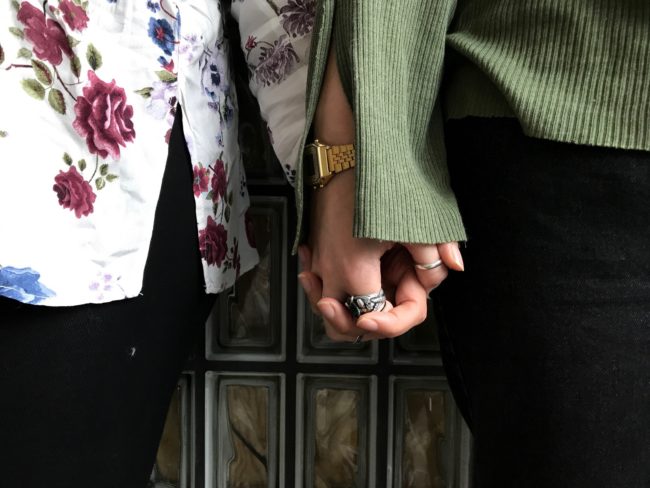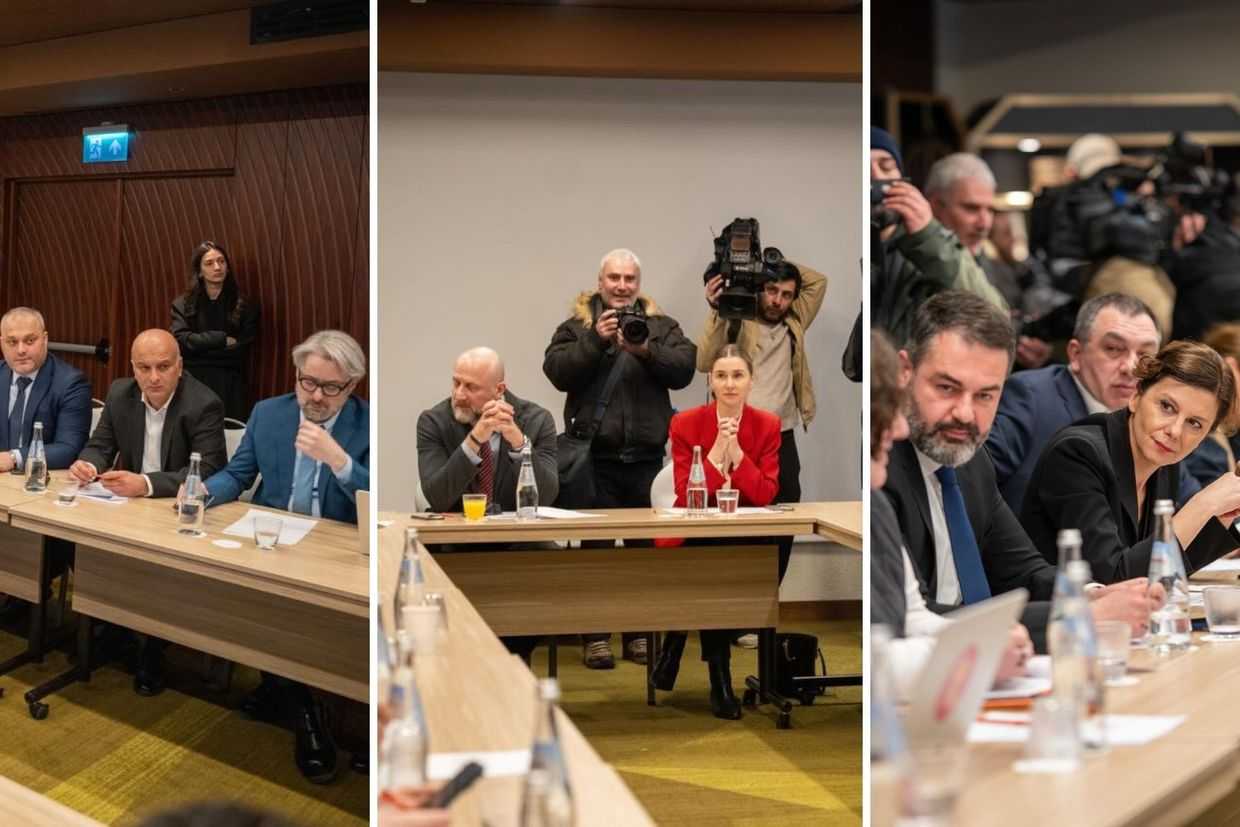

 Georgian police have issued a restraining order against the parents of a lesbian woman, after they tried to ‘cure her of lesbianism’, a women’s rights group has said.
Georgian police have issued a restraining order against the parents of a lesbian woman, after they tried to ‘cure her of lesbianism’, a women’s rights group has said.
The Tbilisi-based Women’s Initiatives Supporting Group said in a statement on 13 February that the woman, who they did not identify, had been continuously subjected to homophobic violence from her parents over the last two years.
They claim her parents abused her psychologically and physically, and attempted to ‘cure her of lesbianism’. Despite her situation, she reportedly did not go to the police.
In January 2018, the woman moved out from her parents’ house to live with her partner, but according to the statement, her parents did not stop harassing and threatening her, after which she contacted police.
The restraining order prevents the women’s parents from contacting her.
WISG said the woman refused to seek assistance from government services to assist victims of domestic violence, because she feared being further victimised. According to the group, specialists in state services ‘are not close with LGBT organisations and do not work with queer people’.
Challenges in social services
Keti Bakhtadze, a lawyer for WISG who assisted the woman in her case, told OC Media that many state social social services lack the skills to address the problems queer people face.
‘When a person reaches out for assistance, they need to be approached in a specific way. And the people who are assisting them should at the very least try to understand what gender identity and sexual orientation is’, Bakhtadze said.
According to her, the stigma and stereotypes around queer people are strong even among social workers, and this is why many queer people prefer to get assistance from community centres and queer rights groups rather than state services.
Domestic violence against queer people is common in Georgia, according to several research papers. Several respondents surveyed by WISG said they fear discussing their sexual orientation with their family because they are afraid they would face violence in response.
Bakhtadze said she has come across cases of families trying to ‘cure people of their sexual orientation or gender identity’, but that the topic is under-researched.









